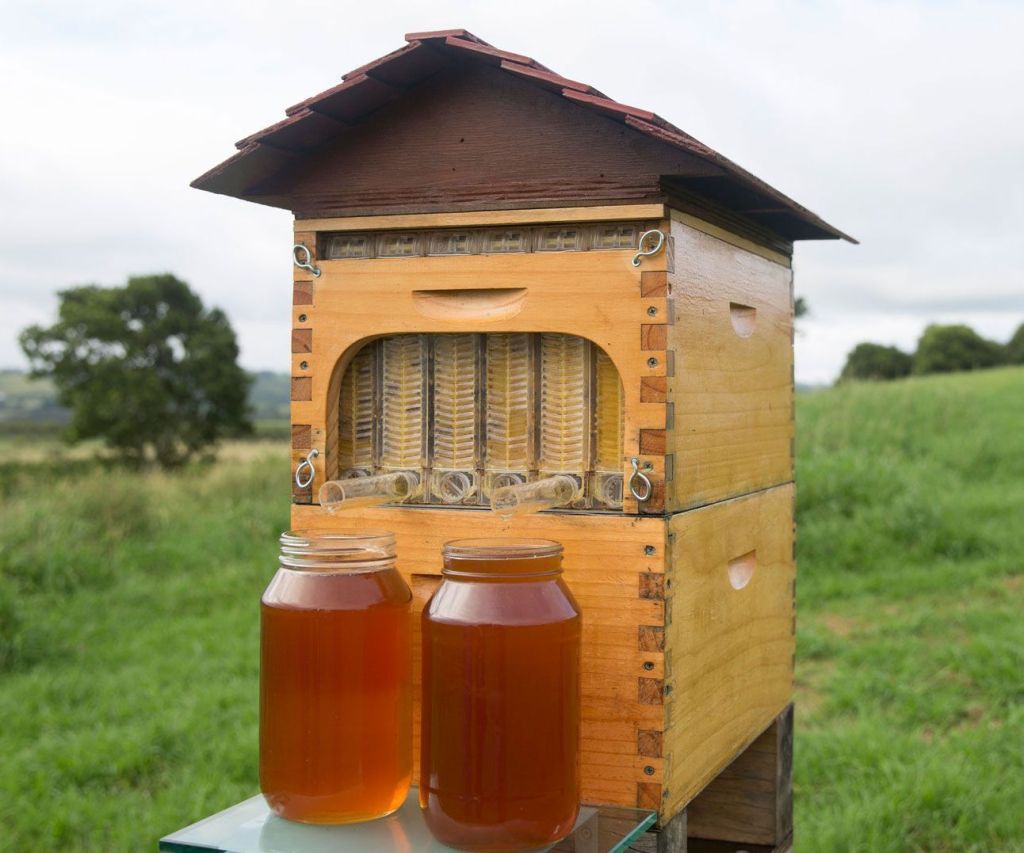Free-ranging Bees: Exploring the Benefits and Challenges of Honey Production
In recent years, there has been a growing interest in sustainable and natural practices in agriculture. One area that has gained considerable attention is beekeeping, particularly the concept of free-ranging bees. Free-ranging bees are those that are allowed to roam freely and forage in natural landscapes, as opposed to being confined to traditional beehives. This method of beekeeping offers numerous benefits for both the bees and honey production. In this article, we will delve into the advantages and challenges associated with free-ranging bees.
One of the primary benefits of free-ranging bees is their ability to access a diverse range of nectar sources. When left to explore their surroundings, these busy pollinators can collect nectar from various plants, resulting in a more complex flavor profile for honey. Traditional hives often limit the foraging options for bees since they are placed in specific locations with limited floral resources nearby.
The diversity of nectar sources also contributes to the nutritional value of honey produced by free-ranging bees. Different plant species offer varying levels of vitamins, minerals, and antioxidants which get transferred into the honey during production. As a result, honey derived from free-ranging bees tends to have higher nutritional content compared to its commercially produced counterparts.
Furthermore, allowing bees to roam freely promotes biodiversity within ecosystems. By interacting with different plant species across vast areas, they aid in cross-pollination and help maintain healthy plant populations. This process enhances overall ecosystem resilience while providing essential habitat support for other wildlife.
Another advantage lies in improved hive health when practicing free-range beekeeping methods. Conventional commercial beehives often face challenges such as overcrowding or diseases due to close proximity between hives or inadequate sanitation measures taken by large-scale operations. In contrast, free-range colonies tend to have lower stress levels due to increased space availability between nests and less exposure to chemicals typically used in hive management.
Free-ranging bees also have the opportunity to exhibit natural behavior. In traditional hive settings, beekeepers often manipulate and disturb their colonies during routine inspections or honey extraction processes. This disruption can lead to stress for the bees and affect their overall productivity. By allowing them to forage freely, beekeepers minimize interference, leading to healthier and more resilient colonies.
Despite these advantages, free-ranging beekeeping does present some challenges that need careful consideration. One significant concern is the potential risk of loss or absconding of colonies. Since free-range bees are not confined within hives, they may decide to relocate if conditions become unfavorable or if they find a more suitable habitat elsewhere. This can result in lost time and resources invested in establishing the colony.
Another challenge is the increased exposure to environmental threats such as predators and adverse weather conditions. Without physical protection provided by traditional beehives, free-ranging bees are more susceptible to attacks from predators like birds or wasps. Moreover, extreme temperatures or sudden changes in weather patterns may impact their ability to survive outside protected environments.
To mitigate these challenges, beekeepers practicing free-range methods should implement certain measures:
1. Provide shelter options: Offering alternative nesting sites such as nesting boxes or tree cavities can encourage bees to remain in a specific area even when facing adverse conditions.
2. Monitor regularly: Regular monitoring of colonies allows beekeepers to identify potential issues early on and take necessary steps for intervention if required.
3. Promote biodiversity: Planting a diverse range of flowering plants around the apiary provides ample food sources for free-ranging bees while attracting beneficial insects that help deter predators.
4. Educate local community: Raising awareness about free-range beekeeping practices within local communities can foster understanding and support for this method while minimizing accidental disturbances by residents.
In conclusion, free-ranging bees offer several benefits over traditional hive-based honey production systems; however, it is essential for beekeepers considering this approach to carefully evaluate the challenges and implement appropriate management strategies. By allowing bees to forage freely, we can create healthier colonies, enhance honey quality, and contribute to biodiversity conservation. Free-range beekeeping is not only a sustainable practice but also an opportunity to reconnect with nature’s intricacies and promote a more harmonious coexistence between humans and bees.


Leave a comment